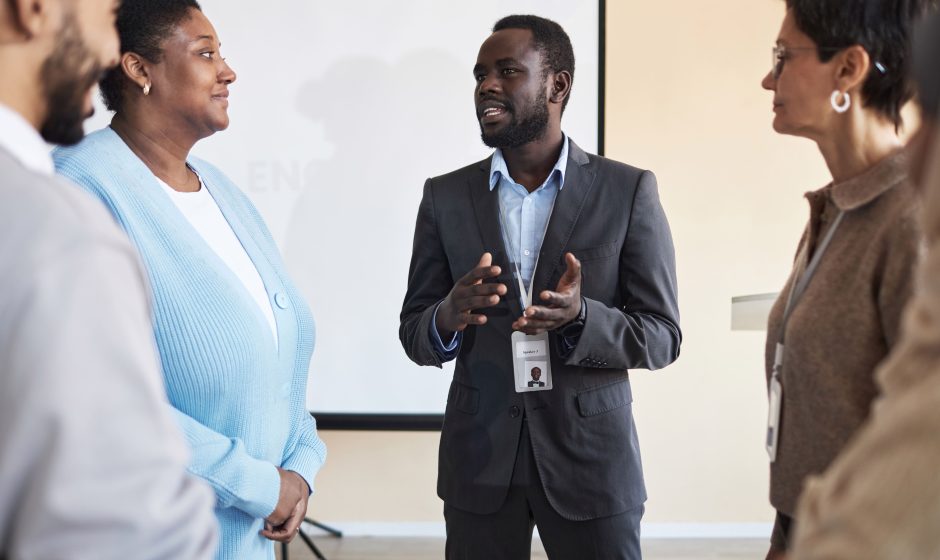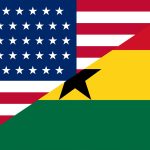Ghana is one of the most linguistically rich countries in Africa, with over 80 languages spoken across its regions. While English is the official language, most Ghanaians speak at least one local language in daily life, and many are bilingual or multilingual.
Whether you’re moving to Ghana, visiting, or just reconnecting with your roots, it’s helpful to understand the most widely spoken languages and where they’re used.
1. English – Official Language (spoken by ~70%)
English is the language of government, education, and business in Ghana. It’s used in schools, courts, media, and official communication. About 70% of Ghanaians speak English, but fluency levels vary – particularly between urban and rural areas. In cities like Accra and Kumasi, English is commonly used, especially in professional and formal settings. However, expect local languages to dominate informal or community conversations.
2. Akan – Most Widely Spoken Ethnolinguistic Group (~47–50%)
The Akan language family dominates central and southern Ghana. It includes:
- Twi (Asante Twi, Akuapem Twi) – spoken by about 44% of the population
- Fante – spoken by about 10–15% of Ghanaians, mainly in the Central Region
Combined, these dialects make Akan the most widely spoken local language in Ghana. If you’re relocating to Accra, Kumasi, or Cape Coast, learning a bit of Twi or Fante can go a long way in everyday life, bargaining, or building community ties.
3. Ewe – (~13%)
Ewe is primarily spoken in the Volta Region (eastern Ghana) and is part of the Gbe language family. Around 13% of Ghanaians speak Ewe. It’s a tonal language with rich cultural roots, especially in music and dance traditions. If you’re visiting or living near Ho or the Togo border, Ewe is widely heard.
4. Ga – (~8%)
Ga is the indigenous language of Accra, Ghana’s capital. About 8% of Ghanaians speak Ga, although many Ga people are also fluent in English or Twi. Despite its relatively small number of speakers, Ga has significant influence in politics, commerce, and urban culture due to its location in the capital region.
5. Dagbani – (~7%)
Dagbani is the most spoken language in Northern Ghana, especially in the Northern Region (Tamale and surrounding areas). Spoken by roughly 7% of the population, Dagbani is part of the Mole-Dagbani language family and plays a key role in Islamic and traditional governance structures in the north.
6. Hausa – (~2–3%, but widely understood)
While not native to Ghana, Hausa is spoken by some Ghanaian Muslims and is widely understood in the Zongo communities across the country. Its role as a regional trade and religious language makes it important, particularly in northern Ghana and parts of Accra.
7. Other Languages
There are dozens of additional languages spoken in various regions, including:
- Dagaare (Upper West Region)
- Nzema (Western Region)
- Gonja (Savannah Region)
- Kasem, Mampruli, and more
Each has a strong cultural identity and may dominate in specific towns or rural areas.
Tips for Visitors and Diasporans:
- Learn basic Twi or Fante phrases if living in the south or central Ghana.
- Use English for formal conversations, banking, and paperwork.
- Respect local dialects, especially in rural or traditional communities.
- Listen first – many people switch languages mid-conversation based on comfort.
Sources:
- Ghana Statistical Service – Population and Housing Census
- Ethnologue – Languages of Ghana
- CIA World Factbook – Ghana Language Statistics
- Ghana Education Service Reports
- Linguistic Association of Ghana – Regional Language Use Data



